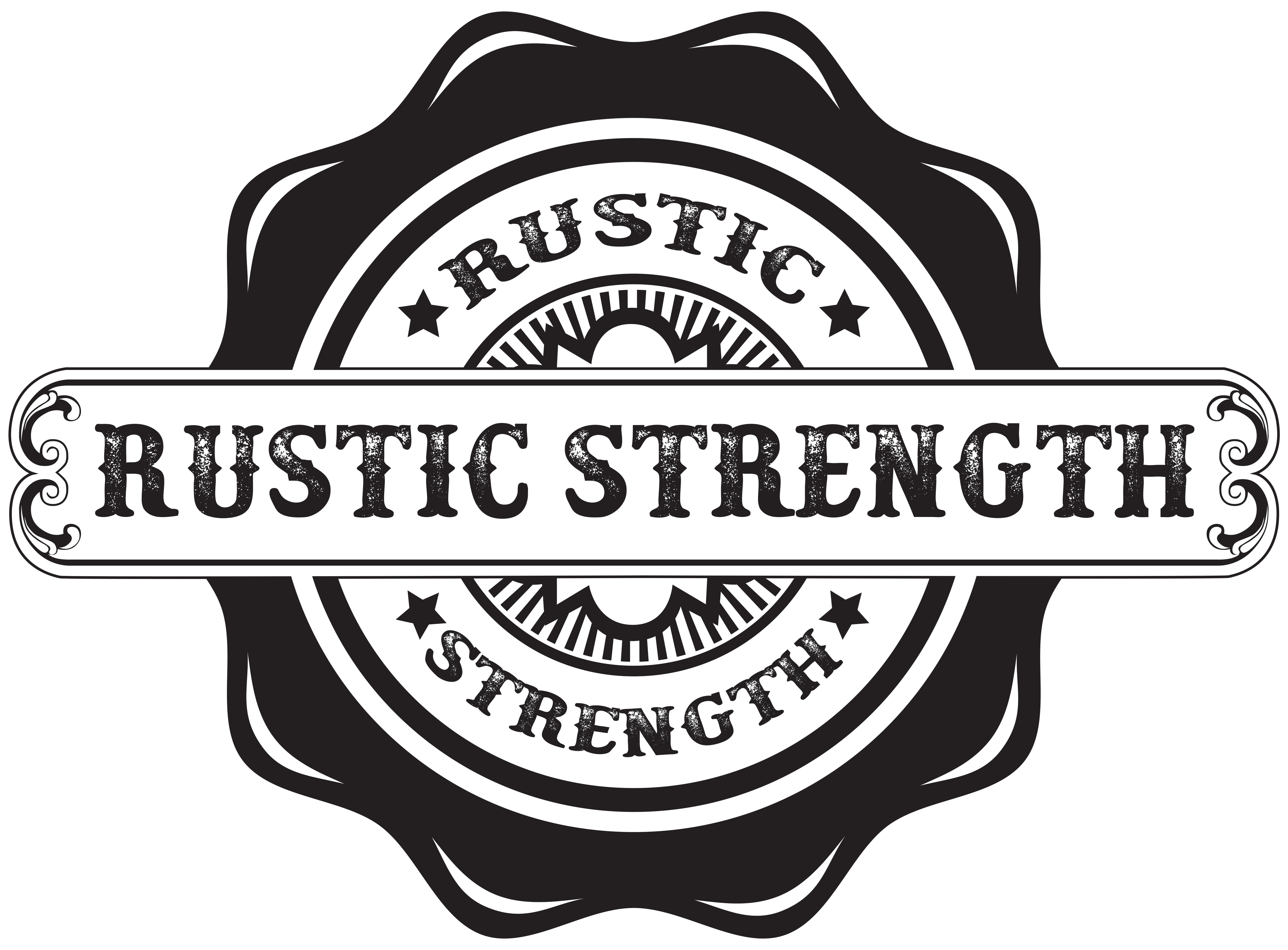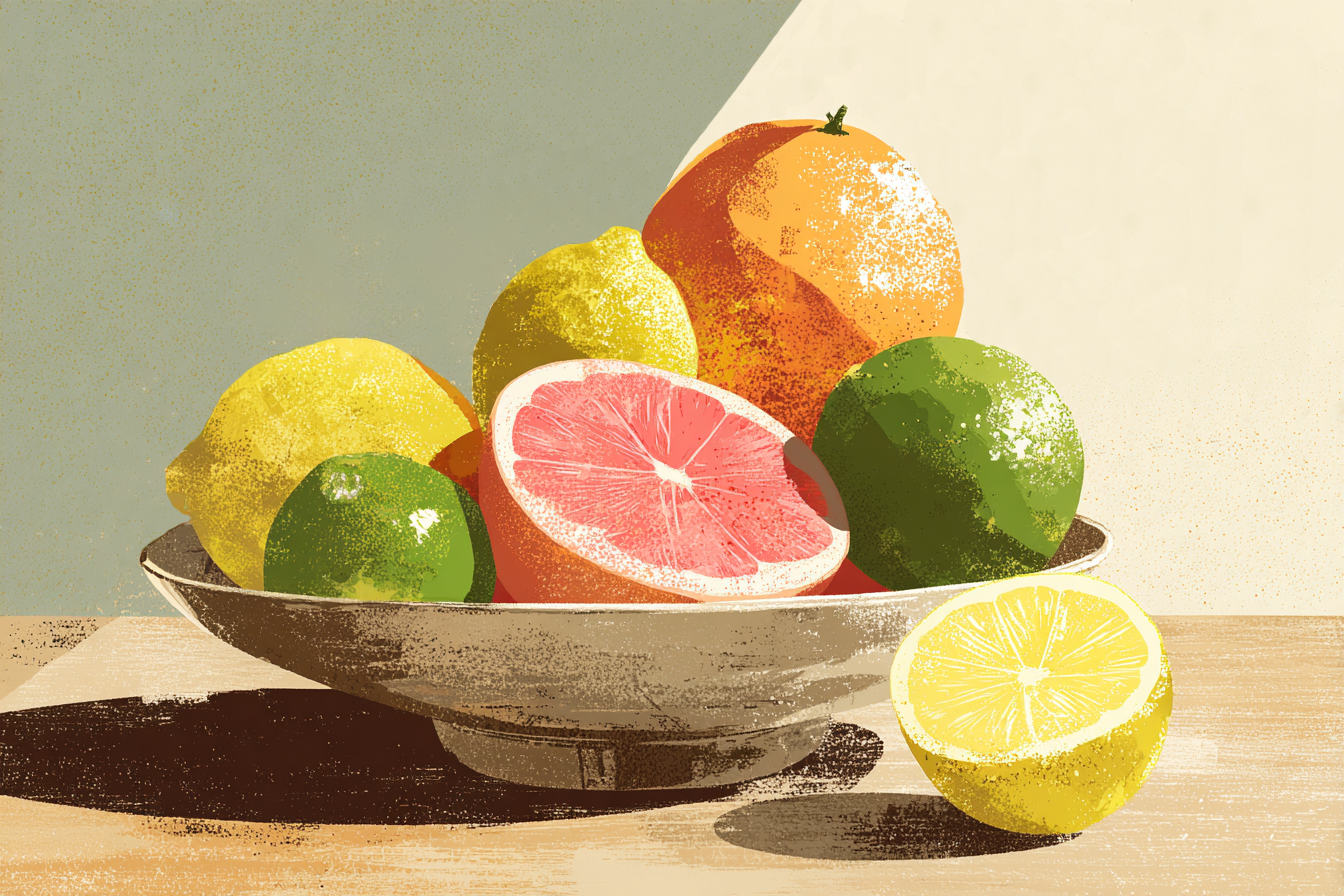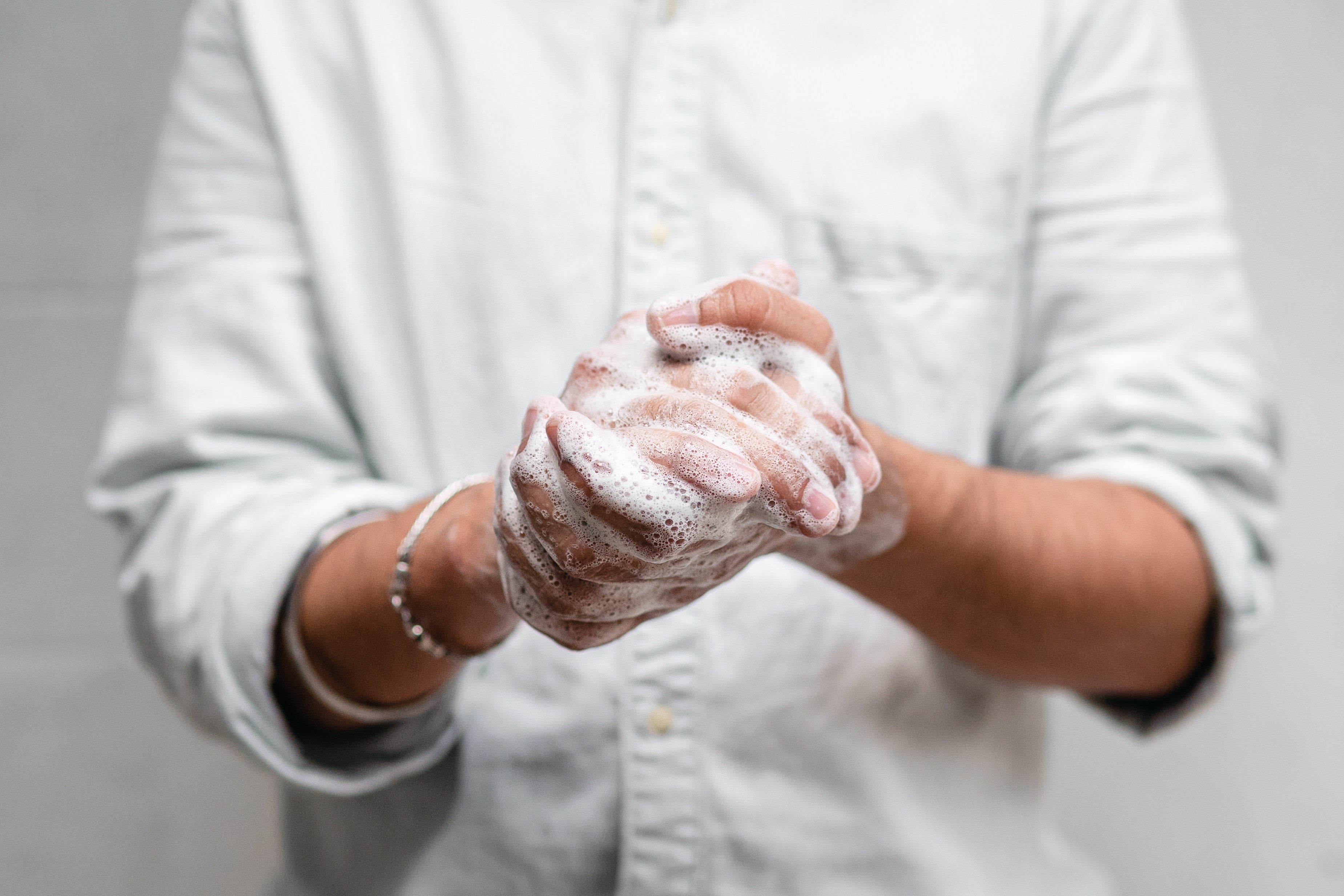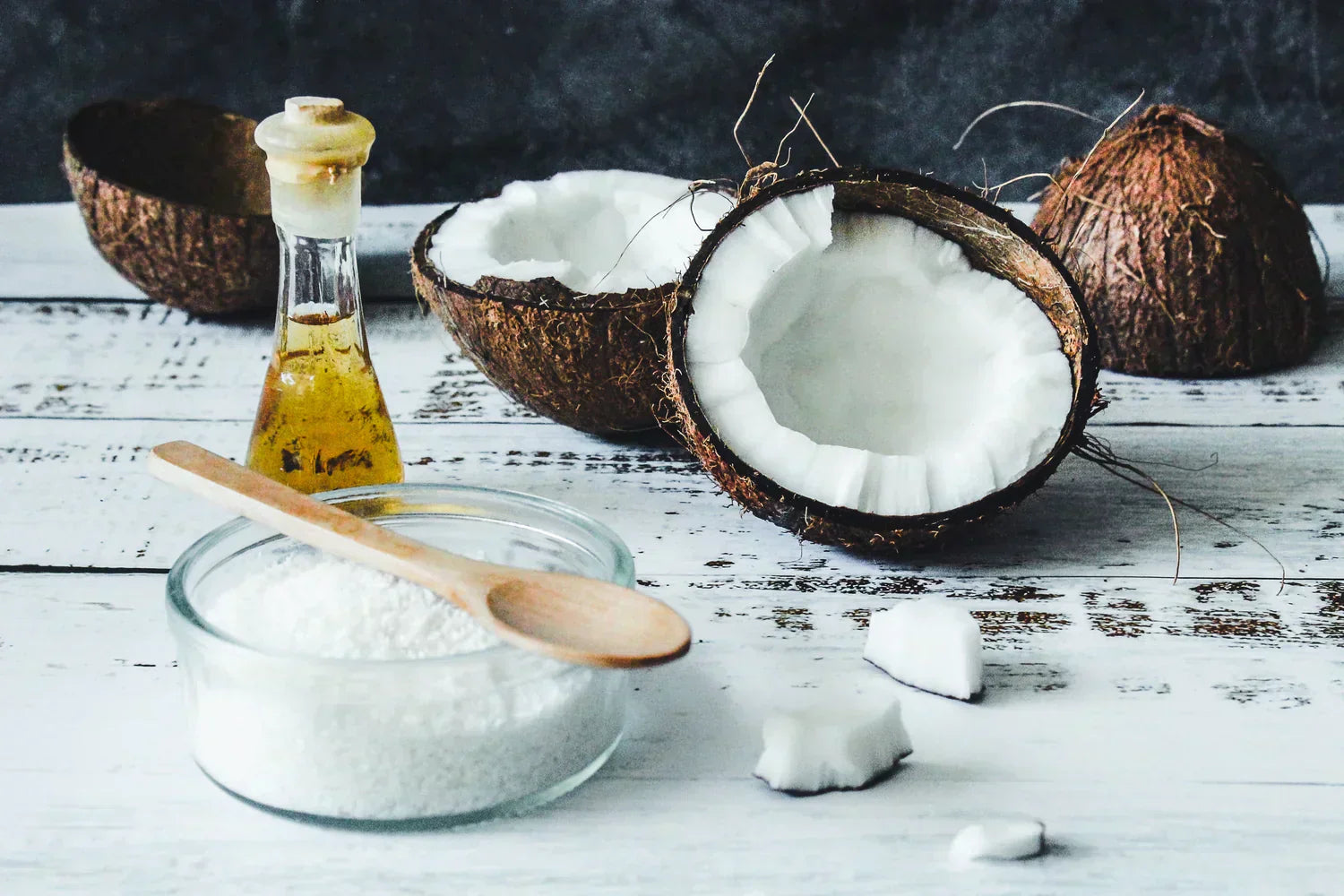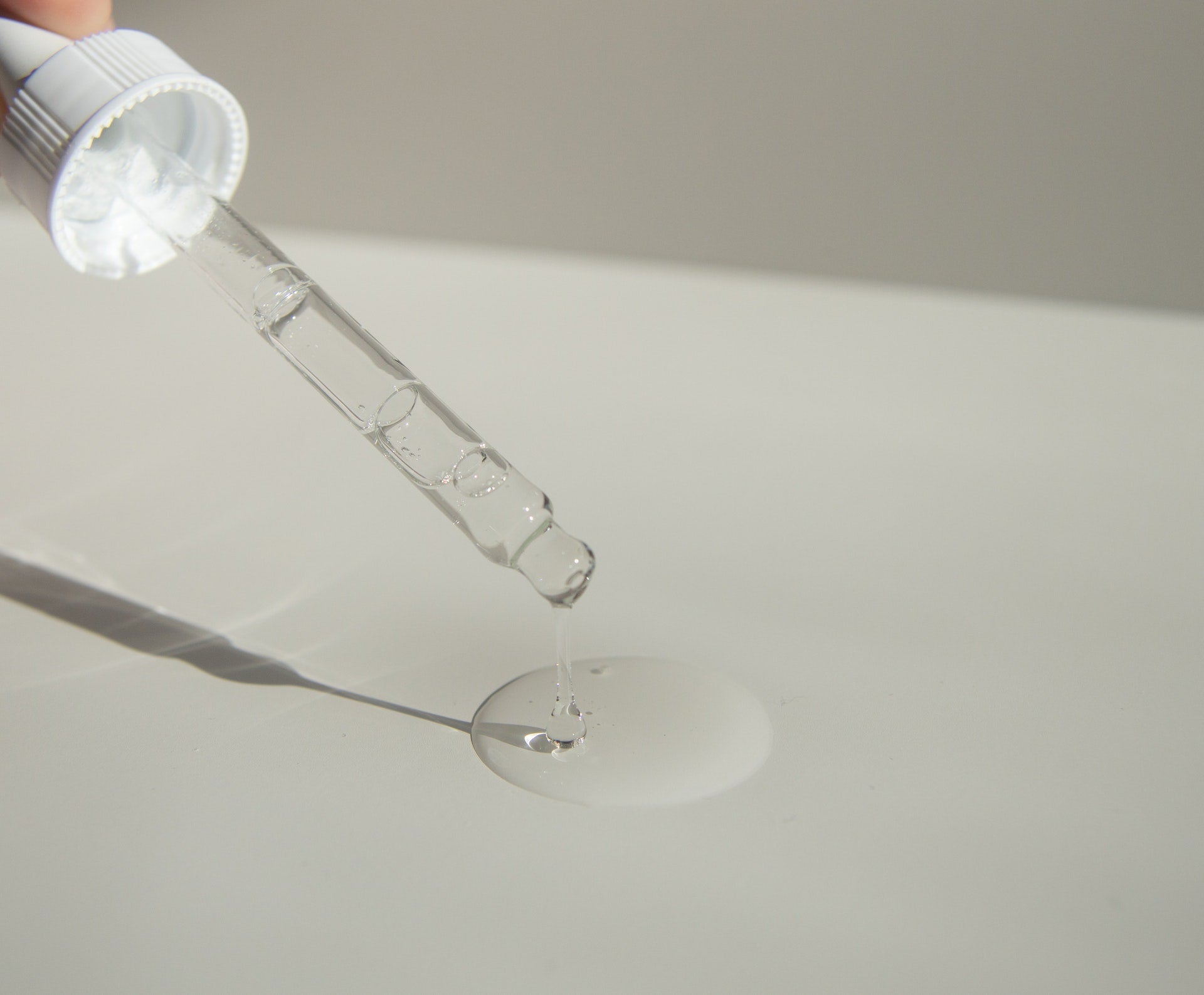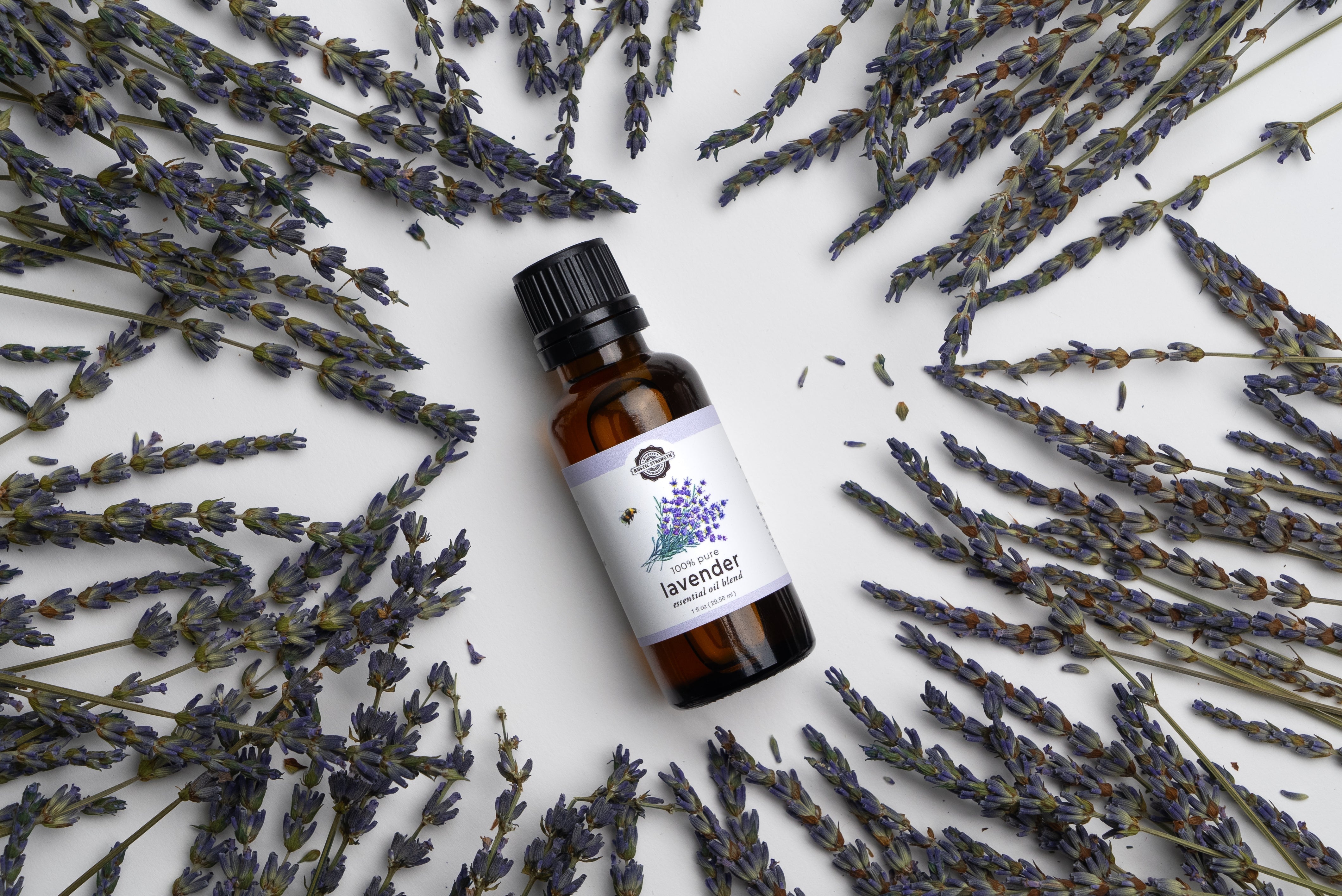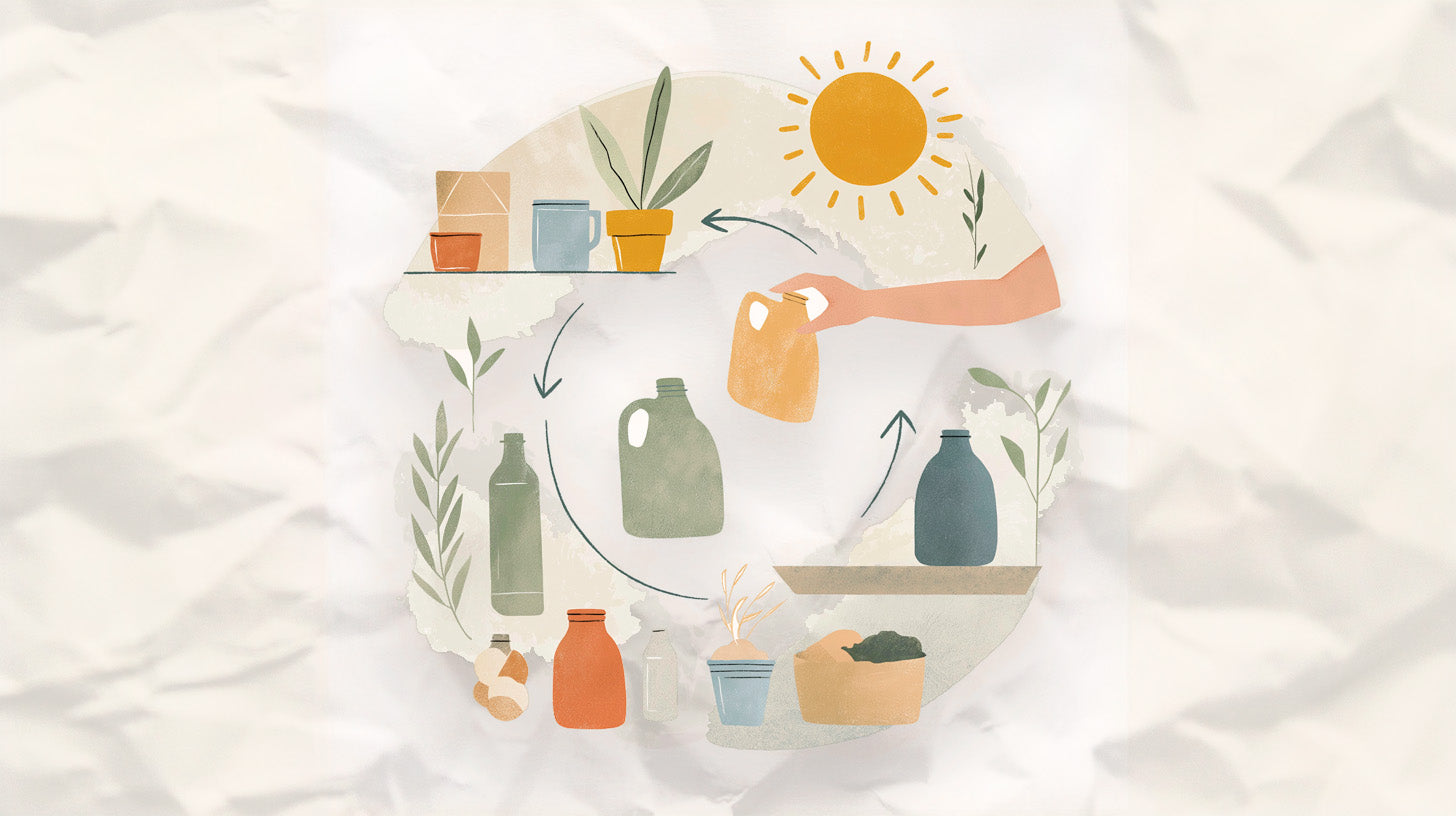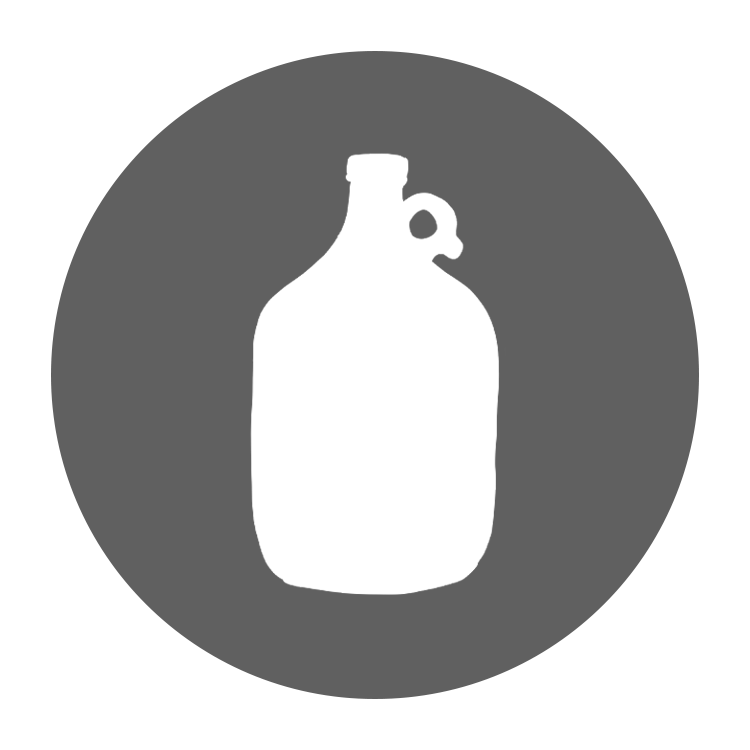Confused About Phenoxyethanol? You're Not Alone.
Have you ever read the ingredient label on your shampoo, lotion, or face cleanser and paused at the word Phenoxyethanol? You aren’t the only one since the name sounds chemical and harmful. Phenoxyethanol is a chemical, but that doesn’t necessarily mean it’s harmful. This ingredient has become a common topic of concern for health-conscious shoppers trying to do right by their skin, families, and the planet.
Many turn to blogs, Facebook groups, or influencers to determine if an ingredient is safe or not. Sadly much of the online info is full of sifting through outdated, conflicting, and often alarmist information.
This guide will walk you through what Phenoxyethanol is, why it's used in personal care products, how safe it really is (especially when formulated properly), and how Rustic Strength ensures you're getting products that are not only effective—but made with responsibility and transparency.
What Is Phenoxyethanol?
Phenoxyethanol is a clear, oily liquid with a faint rose-like scent. It’s a synthetic preservative used in personal care products to prevent the growth of bacteria, mold, and yeast. Without preservatives, products that contain water (like lotions, shampoos, and soaps) can spoil quickly, posing real health risks.

Why It’s Used:
- Effective against a broad spectrum of microbes
- Stable in both high and low pH formulas
- Compatible with most natural ingredients
- Low risk of causing allergic reactions in its pure form
At Rustic Strength, we choose Phenoxyethanol because it offers reliable preservation without the toxicity concerns linked to parabens or formaldehyde-releasing preservatives.
Addressing the Real Concern: Free Phenol Content
Here’s where the confusion often starts. The irritant risk associated with Phenoxyethanol isn’t from the ingredient itself, but from “free phenol,” a manufacturing byproduct.

What’s Free Phenol?
Free phenol is a trace compound that can remain in Phenoxyethanol if it's not properly purified. It’s known to cause skin irritation at higher levels.
Rustic Strength's Phenoxyethanol contains just 0.0018% free phenol, which is an ultra-low amount well below irritation thresholds. This matters because:
- Lower phenol = lower risk of irritation
- Clean sourcing ensures gentler formulations for sensitive skin
We go the extra mile to verify purity, quality, and transparency, so you can feel confident using our products, even if you have delicate skin or allergies.
What the Science (and Regulators) Say
Phenoxyethanol has been extensively studied, and global health authorities agree it is safe in low concentrations. Here's a quick breakdown:

Conclusion:
It’s globally approved, tightly regulated, and safe when used correctly.
Is Phenoxyethanol a Skin Irritant?
It can be, but usually only at high concentrations (above 2.2%) or in poorly formulated products. In well-formulated products like ours, it’s used at less than 1% and supported by additional skin-conditioning ingredients.
- Safe for sensitive skin (when formulated properly)
- Safe for hair and scalp—non-drying, non-reactive
- Not an endocrine disruptor (unlike parabens or triclosan)
Environmental Impact: Is it Safe for the Planet?
Phenoxyethanol is biodegradable in aerobic environments and has low aquatic toxicity. According to the European Chemicals Agency (ECHA):
- Not persistent in the environment
- Not bioaccumulative
- Biodegradable under typical wastewater treatment

EWG Score:
Phenoxyethanol scores 2–4 (moderate hazard) in the EWG Skin Deep Database, primarily due to concerns about irritation at high doses, which are not typical in cosmetic use.
At Rustic Strength, we balance this with:
- Ultra-low free phenol
- Used at the lowest amount necessary
- Complement with natural preservation boosters like citric acid, sodium gluconate, and/or salt. Preservative boosters help reduce the amount of preservatives used in formulation.
Organization Approval Status & Guidelines
- U.S. FDA – Allows use in cosmetics; also used as vaccine preservative (source)
- EU Cosmetics Regulation – Approved up to 1% in finished cosmetic products (source)
- Health Canada – Lists Phenoxyethanol as safe up to 1% in rinse-off and leave-on products (source)
- EPA Safer Chemical Ingredients List – Listed as a safer preservative with low toxicity (source)
How We Use It at Rustic Strength

We never use preservatives “just because.” We use the least amount necessary to ensure safety while minimizing risk. You’ll find Phenoxyethanol in a few of our water-based formulas, including:
- Rustic Strength Hand Soap – Gentle and nourishing for sensitive hands
- Rustic Strength Moisturizing Lotion – Balanced for skin pH and lightly preserved for safety
- Rustic Strength Body Wash – Formulated for the most delicate skin with ultra-low free phenol content
We also combine it with preservative helpers like:
- Sodium citrate
- Potassium sorbate
- Sodium gluconate
- Caprylyl Glycol
This lets us reduce the overall preservative load while maintaining product safety.
Final Thoughts: Don’t Fear the Name
Suggestion – Transparency Over Hype
Ingredient names like “Phenoxyethanol” might sound intimidating, but when you understand the science, the regulations, and the sourcing behind them, the fear melts away.
At Rustic Strength, our commitment is simple: honesty, transparency, and care. We source ingredients that are as safe for you as they are for the planet—and we’ll always explain why we use them.
Key Takeaways:
- Phenoxyethanol is a safe, effective preservative widely used in personal care products.
- Rustic Strength uses it only when necessary and sources a version with just 0.0018% free phenol, minimizing irritation.
- Approved by the FDA, EU, Health Canada, and listed on the EPA Safer List.
- Biodegradable and not harmful to the environment in small quantities.
- Safe for hair, skin, and sensitive users—especially in properly formulated products.
FAQ: Phenoxyethanol in Personal Care Products
-
Is phenoxyethanol a natural preservative?
No. Phenoxyethanol is a synthetically produced preservative, though it mimics a natural compound found in green tea. It is chosen for its stability, safety, and broad-spectrum antimicrobial activity. -
Is phenoxyethanol banned in Europe or Canada?
No. It is approved in both the EU and Canada for use in cosmetics at concentrations up to 1%. -
Is phenoxyethanol safe for babies?
Yes—when used in low concentrations. Many baby products use Phenoxyethanol instead of more harmful preservatives. -
Can phenoxyethanol cause allergic reactions?
Rarely. Reactions are most likely if the ingredient contains high levels of free phenol. Rustic Strength uses a version with only 0.0018%, making it extremely unlikely to cause irritation.
We Invite You to Do Your Own Research
Scientific journals and articles are the foundation of evidence-based decisions at Rustic Strength. Blogs can provide helpful information. However, if they cannot cite scientific articles, their claims stand on little.
Sources
- SCCS Final Opinion – EU
- FDA Citric Acid Safety Database
- EPA Safer Ingredients List
- ECHA Database
- Health Canada Preservatives List
- EWG Skin Deep Database
- Elchemy Blog
- Certificate of Analysis
Why Ingredient Transparency Matters at Rustic Strength
Our mission began when our founders, Brandon and Alicia, traced their toddler’s severe allergic reactions back to “safe” household cleaners. Unable to find products that were both gentle and genuinely high-purity, they started formulating their own—free of phthalates, sulfates, 1,4-dioxane, and other hidden irritants.
Today, every Rustic Strength label and product page lists every ingredient—no secrets, no green-washing—so you can choose with confidence and keep harmful chemicals out of your home. See more about what we use and avoid.
Our hope is that by understanding the components of our products, you can make informed decisions about what you put on your skin and in your home, ultimately avoiding a mysterious illness as our son had.
Don’t be fooled by vague marketing. Whether or not you buy from us, we urge you to read labels, research ingredients, and demand full transparency for a healthier family and planet.
Trying to reduce toxins in your home, but don't know where to start? Visit our blog How to Relieve Your Toxin Burden for easy actionable ways to begin investing in your health today.
Still have questions? Feel free to reach out to our email: customercare@rusticstrength.com. We would be more than happy to answer your questions.
